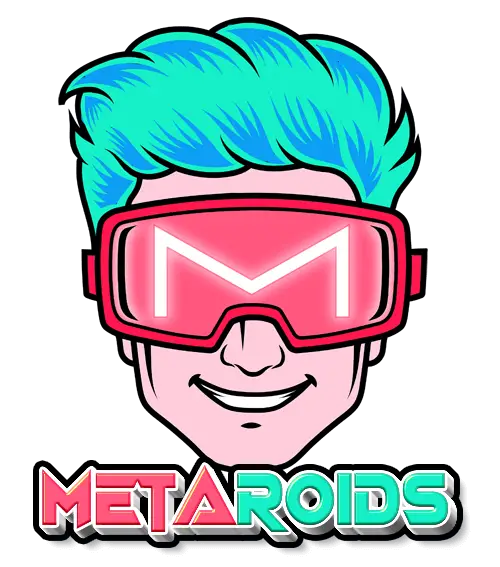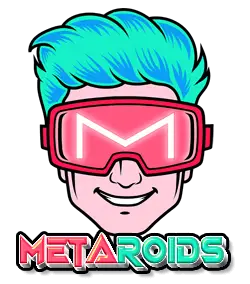The recent Twitter thread from Debarghya Das, a founding engineer at Glean and former employee at Google, discussing the Google Search vs ChatGPT debate has sparked a lot of interest and discussion. While there are varying perspectives on this matter, Das emphasizes the important yet missing points that were left unnoticed, giving valuable insights into whether or not the newbie can replace the tech giant.
Google Search vs ChatGPT
First, it’s important to understand how Google Search works. It is a fully automated search engine that uses web crawlers to explore the internet, adding pages to its massive index database. When a user searches on Google, the search engine returns relevant information based on the user’s query. It’s also a dominant player in the search engine market for the past 25 years, thanks to its advanced technology and vast technical moat.

On the other hand, ChatGPT is a relatively new AI chatbot that has gained attention for its detailed responses and knowledge across a variety of domains. Some of its use cases include language translation, text generation, summarization, content creation, and a whole lot more.
While it has the potential to be useful in a number of different industries, Das compares ChatGPT to Google Search in three key areas: tail queries, cost, and ad revenue.
According to Das, one of the main complaints about Google Search today is the need to append “tail” queries, such as adding “reddit” or “SEO-spam” to a search. In these cases, ChatGPT may be a better option, particularly for creative, exploratory, or spam-heavy queries. However, for more factual, authoritative queries in areas such as sports, finance, or computation, Google Search still has the upper hand.
In terms of cost, Das estimates that ChatGPT spends as much as $3 million per month to operate, which would be unsustainable for a company like Google that handles 10 billion queries per day. While the cost of ChatGPT may decrease over time, it would still be a significant financial burden.
Finally, there is the question of ad revenue. Some have argued that the lack of a click target for ChatGPT could potentially ruin ad revenue, but Das suggests that this is not necessarily the case.
Featured snippets, for example, already do this to some extent by providing users with quick answers that can actually boost engagement. Through this, any potential loss in ad revenue can be offset. Many of these types of queries do not even have ads to begin with.
Overall, it’s clear that ChatGPT has its own strengths and drawbacks that OpenAI can polish over time. But is it enough to dethrone the tech giant?
Is Google’s Reign Coming to an End?
As the debate over the potential of ChatGPT to replace Google Search continues, other experts have weighed in on the issue. Margaret Mitchell, an AI research scientist, shared her thoughts on the matter through a Twitter thread, explaining why she believes ChatGPT is unlikely to fully replace Google Search.
According to Mitchell, the key to understanding this issue is to look at the early days of web search and the role that PageRank played in improving the search experience. Before PageRank, search results were largely determined by matches between a user’s query and the text on web pages, leading to a mix of results of varying utility, quality, and veracity.
However, the implementation of PageRank changed the game by exploiting the fact that websites link to one another to identify which sites had the most backlinks. This prioritized websites that were most popular and reliable. This breakthrough was built on the traceability of information from the web, or the linking between sources and their content.
In contrast, ChatGPT lacks this traceability, as it relies on snippets of likely response text extracted from different websites rather than the connections between them. As a result, it is currently in a similar stage to the early days of web search, with a limited ability to match queries with useful or reliable results.
Mitchell believes that we will eventually reach a point where ChatSearch, a chatbot-based search app, can provide reasonable information. However, for this to happen, it’s necessary to change model training, such as building a network of linked web sources and leveraging how they point to one another.
Mitchell’s analysis highlights the importance of traceability and linking in the search experience and suggests that ChatGPT is not yet ready to fully replace Search. While ChatGPT has made impressive progress in a short time, it still has a way to go before it can fully replicate the sophisticated search capabilities of Google.
Additionally, Das also has the same view on the issue, explaining that the “search is dead” sentiment only exists among the top 1% of Internet power users. For the rest, traditional search works well and is particularly effective at handling head queries, or straightforward searches for people, weather, locations, and movies.
Das believes that the future will likely involve a hybrid approach, with traditional search working alongside large language models (LLMs) for more specialized, complex searches, or tail queries. However, he notes that retraining LLMs to keep their content fresh can be expensive.
Thomas Dietterich, the founding president of the International Machine Learning Society, supports Das’s perspective on the matter through a reply:
What’s Next for Google?
It looks like Google is not ready to relinquish its throne as the top search engine just yet. According to Das, the tech giant is reportedly working on a number of LLMs, including PaLM (allegedly 3x more powerful than ChatGPT), Flan-T5, and Gopher, which are believed to be as good if not better than ChatGPT’s GPT-3 model at various natural language processing benchmarks.
In fact, some believe that PaLM could potentially bring about significant changes in the world of AI, surpassing ChatGPT in power. However, unless Google releases it to the public, time can only tell if it can maintain its position on top in this fast-changing era.
Join our newsletter as we build a community of AI and web3 pioneers.
The next 3-5 years is when new industry titans will emerge, and we want you to be one of them.
Benefits include:
- Receive updates on the most significant trends
- Receive crucial insights that will help you stay ahead in the tech world
- The chance to be part of our OG community, which will have exclusive membership perks



